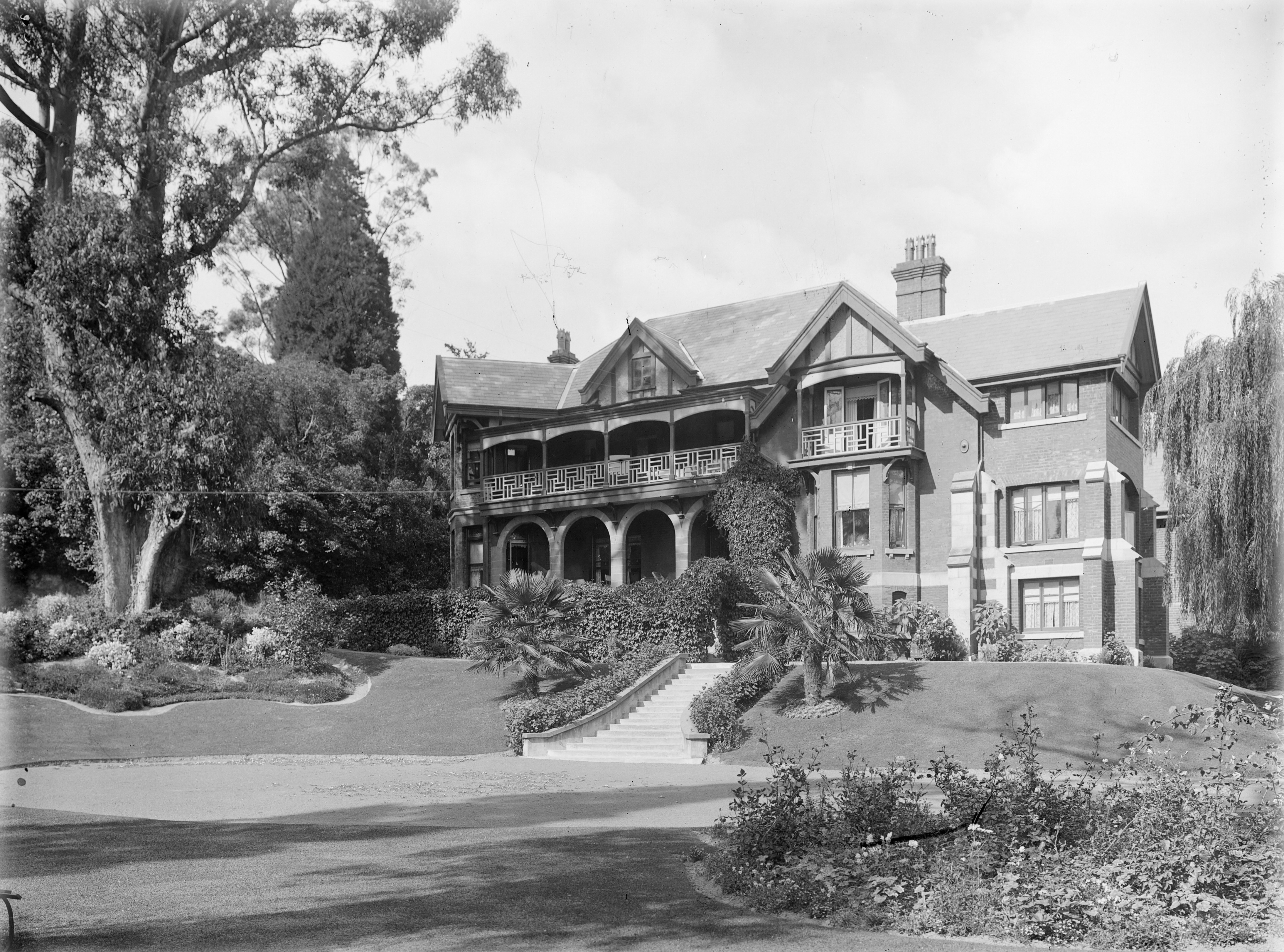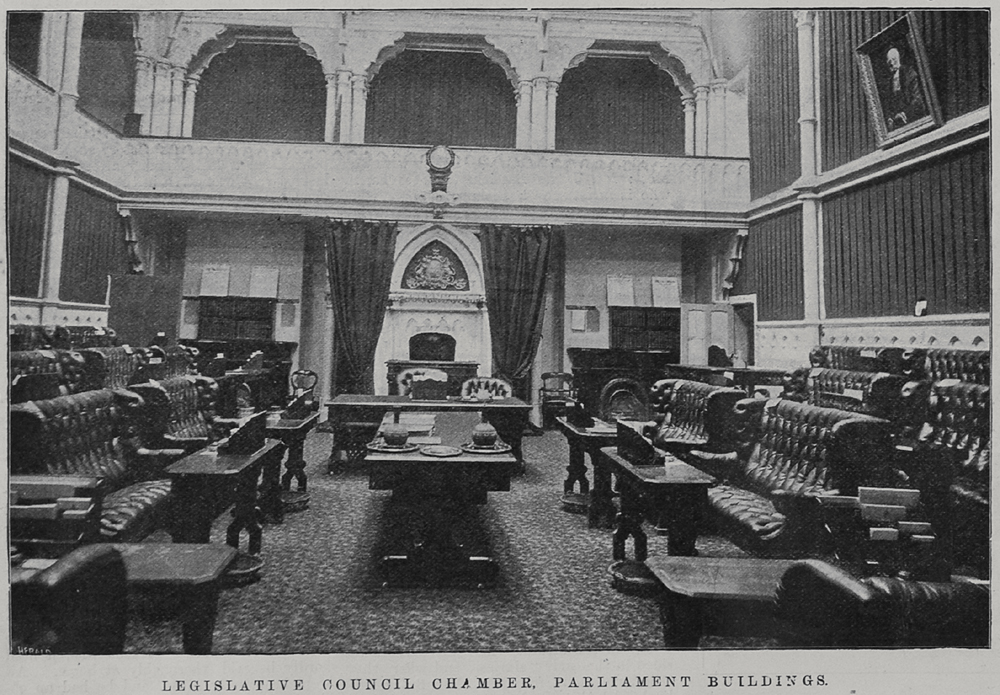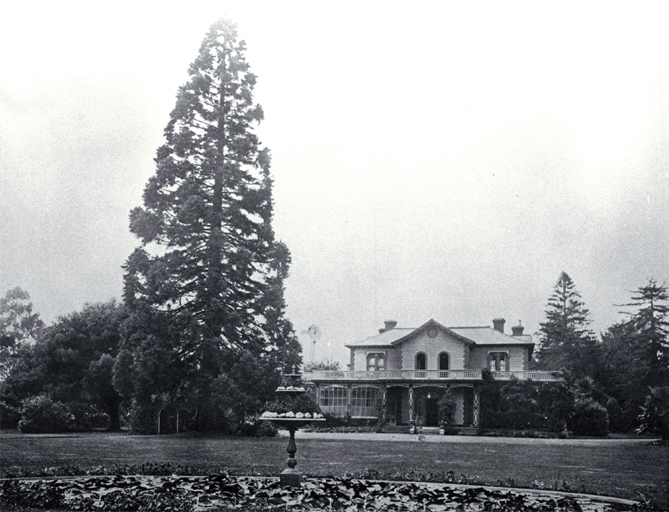|
Lyttelton (New Zealand Electorate)
Lyttelton is a former New Zealand parliamentary electorate. It existed from 1853 to 1890, and again from 1893 to 1996, when it was replaced by the Banks Peninsula electorate. Population centres The New Zealand Constitution Act 1852, passed by the British government, allowed New Zealand to establish a representative government. The initial 24 New Zealand electorates were defined by Governor George Grey in March 1853. Lyttelton was one of the initial single-member electorates. The electorate was in the eastern suburbs of Christchurch, New Zealand, and included the port of Lyttelton. History The electorate was created in 1853 and existed until 1890. In the 1890 election, the Akaroa electorate covered the town of Lyttelton. The Lyttelton electorate was re-established for the 1893 election and existed until 1996, the first mixed-member proportional (MMP) election, when it was included in the Banks Peninsula electorate. The nomination meeting for the first election was held on 1 ... [...More Info...] [...Related Items...] OR: [Wikipedia] [Google] [Baidu] |
New Zealand Electorates
An electorate or electoral district ( mi, rohe pōti) is a geographical constituency used for electing a member () to the New Zealand Parliament. The size of electorates is determined such that all electorates have approximately the same population. Before 1996, all MPs were directly chosen for office by the voters of an electorate. In New Zealand's electoral system, 72 of the usually 120 seats in Parliament are filled by electorate members, with the remainder being filled from party lists in order to achieve proportional representation among parties. The 72 electorates are made up from 65 general and seven Māori electorates. The number of electorates increases periodically in line with national population growth; the number was increased from 71 to 72 starting at the 2020 general election. Terminology The Electoral Act 1993 refers to electorates as "electoral districts". Electorates are informally referred to as "seats", but technically the term ''seat'' refers to an elect ... [...More Info...] [...Related Items...] OR: [Wikipedia] [Google] [Baidu] |
Superintendent (New Zealand)
Superintendent was the elected head of each Provincial Council in New Zealand from 1853 to 1876. History Provinces existed in New Zealand from 1841 until 1876 as a form of sub-national government. After the initial provinces pre-1853, new provinces were formed by the New Zealand Constitution Act 1852. This Act established the first six provinces of Auckland, New Plymouth, Wellington, Nelson, Canterbury, and Otago. Other provinces were established later. Each province elected its own legislature known as a Provincial Council, and elected a Superintendent who was not a member of the council. The elections for council and superintendent were not necessarily held at the same time. Following abolition, the provinces became known as provincial districts. Their only visible function today is their use to determine, with the exception of the Chatham Islands, Northland, and South Canterbury, the geographical boundaries for anniversary day public holidays. Role of superintendents ... [...More Info...] [...Related Items...] OR: [Wikipedia] [Google] [Baidu] |
Harry Allwright
Harry Allwright (1837 – 18 July 1892) was a 19th-century Member of Parliament in Canterbury, New Zealand. A painter and glazier by trade, he came out with his parents and siblings in the '' Cressy'' in 1850, one of the First Four Ships. He took over his father's company in 1859 and became involved in local politics. He first became Mayor of Lyttelton in 1870 and was re-elected seven times. In the 1879 New Zealand general election, he defeated the incumbent and represented the Lyttelton electorate for three parliamentary terms until his own defeat in 1887. He died in 1892 and was survived by his wife; there were no children. Early life Allwright was born in 1837. He arrived in Lyttelton on the '' Cressy'' on 27 December 1850 with his parents, a brother, and some sisters. He was thus one of the Canterbury Pilgrims. He worked for his father, who was a painter and glazier. Upon his father Henry's death in 1859, he took over the business. When he was elected to parliament, his bro ... [...More Info...] [...Related Items...] OR: [Wikipedia] [Google] [Baidu] |
1875–1876 New Zealand General Election
The 1875–1876 New Zealand general election was held between 20 December 1875 and 29 January 1876 to elect a total of 88 MPs in 73 electorates to the 6th session of the New Zealand Parliament. The Māori vote was held on 4 and 15 January 1876. A total of 56,471 voters were registered. Background Political parties had not been established yet; this only happened after the 1890 election. The previous parliament had 78 representatives from 72 electorates. In October 1875, Parliament passed the Representation Act 1875, and resolved to increase the size of Parliament to 88 representatives through the following changes: * one additional member for City of Dunedin (from two to three) * the single member electorates of Christchurch East and Christchurch West to amalgamate and form the City of Christchurch electorate with three members * one additional member for Timaru ( was formed as a new electorate) * one additional member for Waitaki (from one to two) * one additional member f ... [...More Info...] [...Related Items...] OR: [Wikipedia] [Google] [Baidu] |
Hugh Murray-Aynsley
Hugh Percy Murray–Aynsley (8 October 1828 – 22 February 1917) was a 19th-century Member of Parliament in Canterbury, New Zealand. Early life Murray-Aynsley was born in Gloucestershire, England, in 1828. His father was John Murray-Aynsley (1795–1870) from Little Harle Tower, his grandfather was Lord Charles Murray-Aynsley (1771–1808), and his great-grandfather was John Murray, 3rd Duke of Atholl (1729–1774). His mother was Emma Sarah Peach, and his mother's grandfather was Henry Cruger. His grandfather was baptised as Charles Murray and upon his marriage to Alicia Mitford (1768–1813), the heiress of her great-uncle, Gawen Aynsley, Esq, he assumed the additional surname Aynsley. Murray-Aynsley was educated privately; his tutor later became Bishop of Ely. For a time, Murray-Aynsley managed a sugar plantation in Trinidad for his cousin, Sir William Miles, with the firm operating as Miles & Co. He came to Melbourne on the ''Royal Bride'', and from there to New Zealand in ... [...More Info...] [...Related Items...] OR: [Wikipedia] [Google] [Baidu] |
Henry Richard Webb
Henry Richard Webb JP FRMS (1829 – 11 February 1901) was a New Zealand businessman and politician. He represented Lyttelton in Parliament for 2½ years and was a supporter of education in his later years. Born in Australia, he came to Canterbury in 1868. Early life Australia Webb was born in Sydney in 1829. His parents had arrived there on the ship ''Eliza'' in the previous year. He was educated at Sydney College. From an early age, he worked in the office of a business. Later on, he headed the merchant firm of Messrs Ferguson, Webb and Co. In 1851, he visited Auckland. He was married to Ann Vaile by special licence on 27 October 1853, at St. Paul's Church, Auckland, New Zealand by the Rev. T. F. Lloyd, M.A. She was the second daughter of the architect George Vaile. She died on 21 December 1854 at 6 Victoria Terrace, Millers Point, New South Wales. Webb was two years younger than John Thomas Peacock, who attended the same Sydney college. His second marriage was to on ... [...More Info...] [...Related Items...] OR: [Wikipedia] [Google] [Baidu] |
1873 Lyttelton By-election
The by-election for Lyttelton in 1873 was a by-election held in the electorate during the 5th Parliament of New Zealand, on 19 May 1873. It was held because John Thomas Peacock was appointed to the New Zealand Legislative Council. Peacock's brother-in-law, Henry Richard Webb Henry Richard Webb JP FRMS (1829 – 11 February 1901) was a New Zealand businessman and politician. He represented Lyttelton in Parliament for 2½ years and was a supporter of education in his later years. Born in Australia, he came to Cant ..., won the election. Results References By-elections in New Zealand 1873 elections in New Zealand Politics of Christchurch 1870s in Christchurch History of Christchurch Lyttelton, New Zealand {{NewZealand-election-stub ... [...More Info...] [...Related Items...] OR: [Wikipedia] [Google] [Baidu] |
The Evening Post (New Zealand)
''The Evening Post'' (8 February 1865 – 6 July 2002) was an afternoon metropolitan daily newspaper based in Wellington, New Zealand. It was founded in 1865 by Dublin-born printer, newspaper manager and leader-writer Henry Blundell, who brought his large family to New Zealand in 1863. With his partner from what proved to be a false-start at Havelock, David Curle, who left the partnership that July, Henry and his three sons printed with a hand-operated press and distributed Wellington's first daily newspaper, ''The Evening Post'', on 8 February 1865. Operating from 1894 as Blundell Bros Limited, his sons and their descendants continued the very successful business which dominated its circulation area. While ''The Evening Post'' was remarkable in not suffering the rapid circulation decline of evening newspapers elsewhere it was decided in 1972 to merge ownership with that of the never-as-successful politically conservative morning paper, '' The Dominion'', which belonged to ... [...More Info...] [...Related Items...] OR: [Wikipedia] [Google] [Baidu] |
New Zealand Legislative Council
The New Zealand Legislative Council was the upper house of the General Assembly of New Zealand between 1853 and 1951. An earlier arrangement of legislative councils for the colony and provinces existed from 1841 when New Zealand became a colony; it was reconstituted as the upper house of a bicameral legislature when New Zealand became self-governing in 1852, which came into effect in the following year. Unlike the elected lower house, the House of Representatives, the Legislative Council was wholly appointed by the governor-general. The New Zealand Constitution Act 1852 had authorised the appointment of a minimum of ten councillors. Beginning in the 1890s, the membership of the upper house became controlled by government of the day. As a result, the Legislative Council possessed little influence. While intended as a revising chamber, in practice, debates and votes typically simply replicated those in the lower house. It was abolished by an Act of Parliament in 1950, with i ... [...More Info...] [...Related Items...] OR: [Wikipedia] [Google] [Baidu] |
1868 Lyttelton By-election
The 1868 Lyttelton by-election was a by-election held on 2 November 1868 during the 4th New Zealand Parliament in the Canterbury electorate of . The by-election was caused by the death of the incumbent MP George Macfarlan; he had been elected by the 1867 Lyttelton by-election. The by-election was won by John Thomas Peacock John Thomas Peacock MLC JP (1827 – 20 October 1905) was a New Zealand businessman, philanthropist and politician. He came to Canterbury in 1844, several years before organised settlement started. Early life Peacock was born in 1827 in the H .... As there were no other candidates, he was declared duly elected. Notes Lyttelton 1868 1868 elections in New Zealand Politics of Canterbury, New Zealand November 1868 events {{NewZealand-election-stub ... [...More Info...] [...Related Items...] OR: [Wikipedia] [Google] [Baidu] |
John Thomas Peacock
John Thomas Peacock MLC JP (1827 – 20 October 1905) was a New Zealand businessman, philanthropist and politician. He came to Canterbury in 1844, several years before organised settlement started. Early life Peacock was born in 1827 in the Hawkesbury district, New South Wales, Australia. He is the eldest son of John Jenkins Peacock (d. 1866) and his wife Maria Peacock (1804/05–1884). He attended Sydney College. The family arrived in Lyttelton in 1844. Settlement organised by the Canterbury Association started in December 1850, so the Peacocks were in the colony at an early stage. His father was a hard worker. It is said about him that "he could be seen at Lyttelton ... at 6 am on a frosty morning, knee deep in the water loading a boat with sacks of potatoes for shipment by his brig which lay at anchor some distance away." In August 1854, Peacock married Kate Hickman Peacock (née Mansfield, born ca 1835). They did not have any children, but adopted Janey, the ex-nup ... [...More Info...] [...Related Items...] OR: [Wikipedia] [Google] [Baidu] |
1867 Lyttelton By-election
The 1867 Lyttelton by-election was a by-election held on 1 July 1867 during the 4th New Zealand Parliament in the Canterbury electorate of . The by-election was caused by the resignation of the incumbent MP Edward Hargreaves Edward Allan Hargreaves (5 January 1826 – 9 March 1880) was a 19th-century Member of Parliament in Canterbury, New Zealand. Hargreaves was born in Liverpool in 1826. He came to New Zealand on the ''Theresa'', which left England in November 1 .... The by-election was won by George Macfarlan. Another candidate—George Agar—was proposed, but did not find a seconder, hence Macfarlan was declared elected. Notes Lyttelton 1867 1867 elections in New Zealand Politics of Canterbury, New Zealand July 1867 events {{NewZealand-election-stub ... [...More Info...] [...Related Items...] OR: [Wikipedia] [Google] [Baidu] |





